Peking University, May 4, 2019: May Fourth Movement, a patriotic campaign launched by Chinese youth on May 4, 1919 against imperialism and feudalism, brought about a unique spirit that has been inherited from generations to generations. The core of the spirits lies in patriotism, democracy, progress and science. On the 100th anniversary of the May Fourth Movement, let’s review how the spirit came into being.
Academic Endeavor
In 1916, Cai Yuanpei was appointed the president of Peking University. After his appointment, Cai advocated “freedom of thought and embrace of diversity,” which led to the unprecedented atmosphere of academic freedom in Peking University. Many magazines, such as the New Tide (Xin Chao, English subtitle “The Renaissance”), was published, which became a fertile ground to convey new thoughts and conduct academic discussions. Cai encouraged the self-governance of students, which promoted the students’ sense of democracy. Cai also recruited talents, such as revolutionist Chen Duxiu and Chinese linguist Liu Bannong to join Peking University and cultivate the youth.
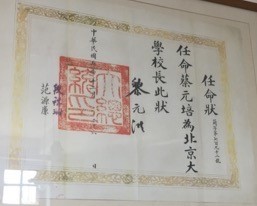
Cai Yuanpei was appointed president of Peking University
In 1918, Peking University moved into the Red Building, which became a cradle for the May Fourth Movement. At the same year, Mao Zedong, introduced by his mentor professor Yang Changji, became an assistant librarian at Peking University. During his time at Peking University, he acquainted with pioneers of the New Culture Movement and was influenced by the thoughts of revolutionists such as Li Dazhao, Chen Duxiu and Hu Shih. Later, under the influence of Li Dazhao, Mao started to learn Marxism and soon became a Marxist.

The Red Building (the main campus of Peking University from 1918 to 1953)
Spreading of New Thoughts
Peking University has also taken up its responsibility to educate the public. Cai believes in the equality of education. In 1918, he established a night school for the populace, enrolling staff members of the University.
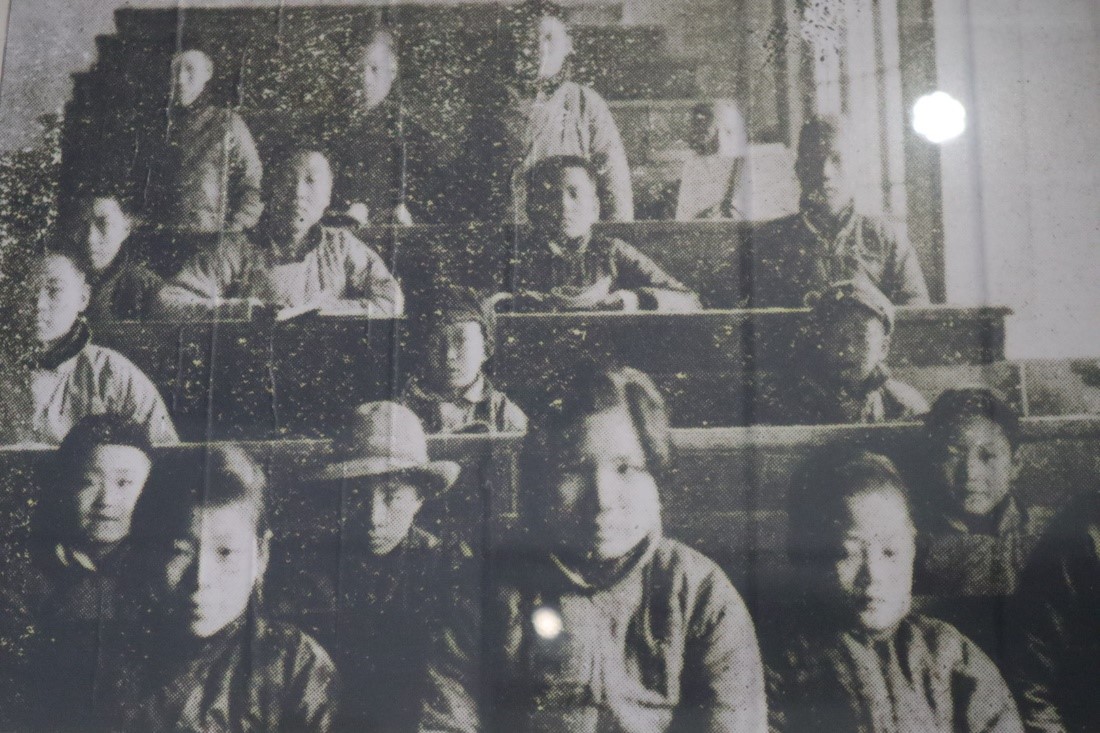
School for the populace
In March 1919, Peking University established “Civilian Education Lecture Groups.” With the slogan “improving the civilian’s intelligence, evoking the civilian’s consciousness,” Civilian Education Lecture Groups passed progressive thoughts to the public. The lecture groups played an important role during the May Fourth Movement, publicizing the major demands and key thoughts of the May Fourth Movement to more people.

Civilian Education Lecture Group
Anti-imperialism and Patriotism
On the morning of May 4, 1919, in a bid to protest against China’s diplomatic failure at the Paris Peace Conference and the Beiyang Government’s weak responses, Peking University students gathered at the playground behind the Red Building and marched to Tian’anmen Square. Students from many other schools, such as the Imperial Capital School of Supreme Teacher Training (Now known as Beijing Normal University) and University of China, also marched from different locations. The patriotism of the students saved China from becoming the puppet of imperialism.
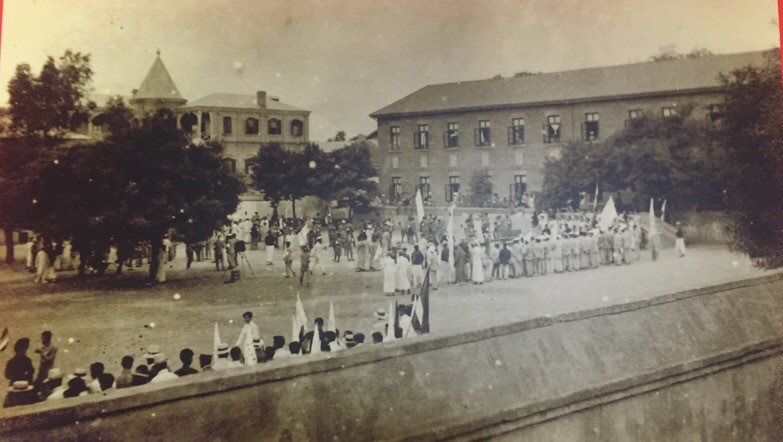
On the morning of May 4, 1919, PKU students gathered behind the Red Building, preparing to march to Tian’anmen Square
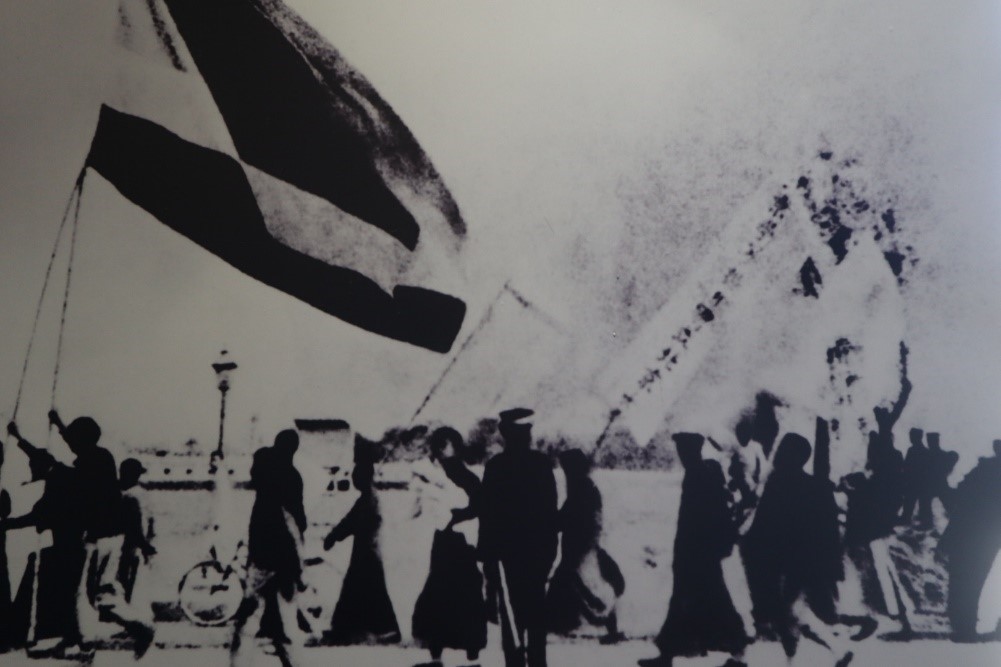
The May Fourth Movement
After the May Fourth Movement, more and more people started to learn Marxism as a way to save China. In July 1921, the Communist Party of China was founded, which opened a new era in Chinese history. Many leaders of the May Fourth Movement, such as Chen Duxiu, Zhang Guotao, Deng Zhongxia became the founder of the Communist Party of China.
Since December 1946, the square north to the Red Building became a major gathering spot for students in the KMT-controlled areas. On December 30, 1946, Peking University, together with Tsinghua University, Yenching University and other schools, protested against the rape of a PKU student by an American soldier, which was the start of a series of student protests in KMT-controlled area. Motivated by the May Fourth spirit of “patriotism, democracy, progress and science,” PKU students have contributed to the building of a brighter future for China.
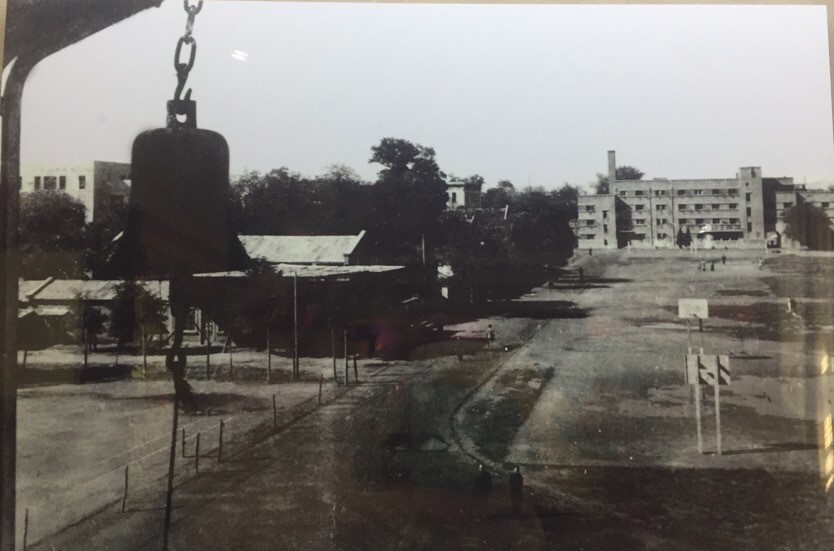
The square north to the Red Building
Written by: Xu Penghang
Edited by: Zhang Jiang
Photo credit to: Chen Xiang, director of Collections Management Department, The New Culture Movement Memorial of Beijing
Source: The New Culture Movement Memorial of Beijing






